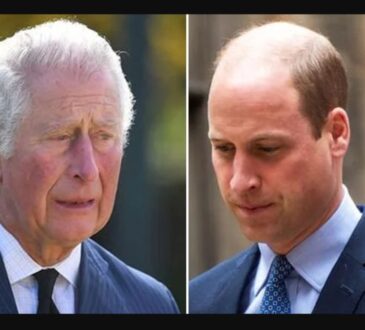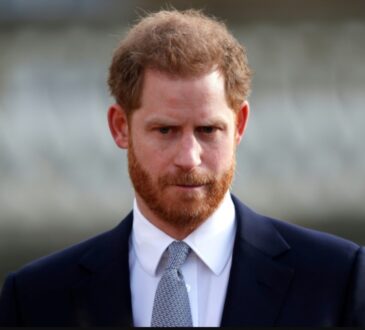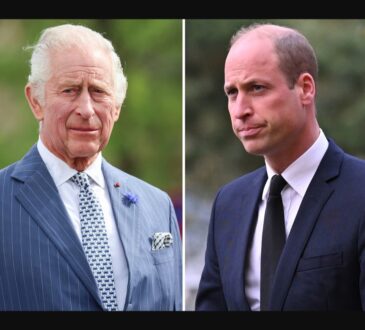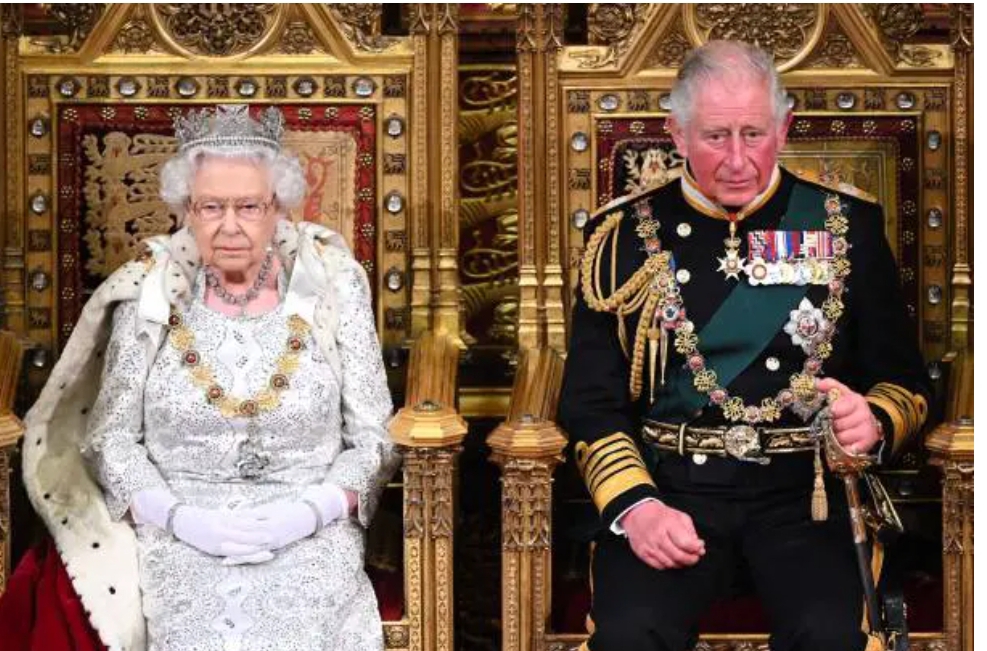
Diana’s tragic car accident in Paris in 1997, a rift within the British royal family became starkly evident when King Charles III, defying his mother Queen Elizabeth II’s orders, made a bold and heartfelt decision to bid farewell to the beloved People’s Princess.
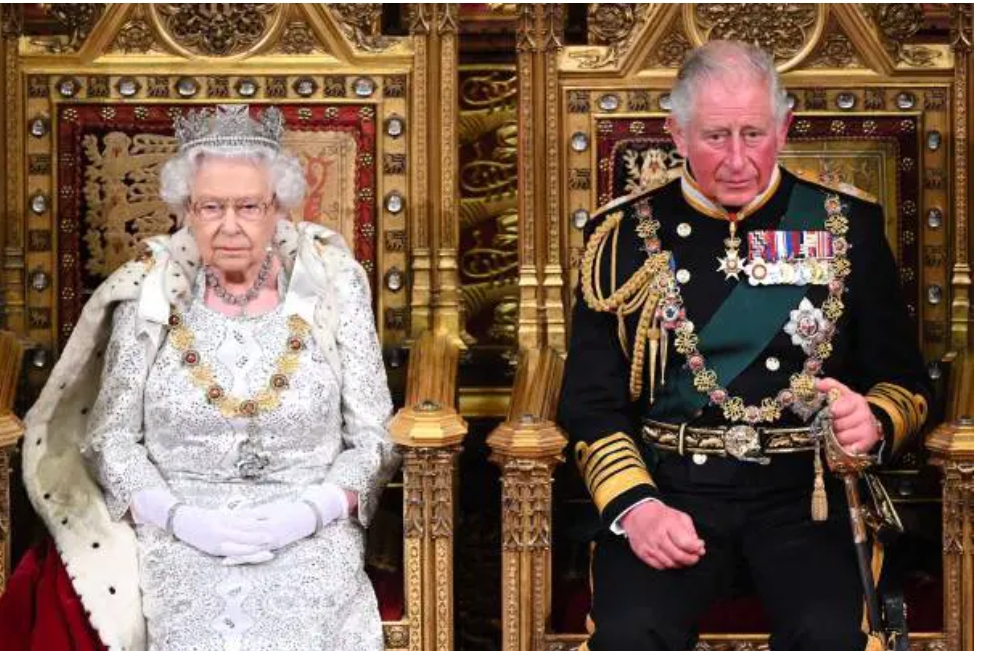
King Charles and the late Queen Elizabeth photographed sitting side by side at the Palace of Westminster on October 14, 2019 in London, England
In a moment that would be etched into the annals of royal history, Queen Elizabeth II initially denied Princess Diana the customary royal farewell, in accordance with established protocol.
However, it was King Charles’s determination to honor his former wife and the mother of his children that would set in motion a chain of events that would redefine the dynamics of the British monarchy.
According to a report by Geo News on Monday, 11 September, 2023, Journalist Richard Kay, who delved into this pivotal moment in his book “Diana: 7 Days That Shook the Windsors,” described King Charles’s actions as “surprising and brave.” He noted that Charles’s presence at Princess Diana’s side was extraordinary given their status as divorced individuals, further emphasizing the audacity of his move.
Kay explained, “He was an ex-husband and had no right to be there other than as the father of her sons, Prince William and Prince Harry. Charles wanted to take the royal flight to Paris, but the Queen wouldn’t allow it. Charles fought harder for Diana than he had ever fought for her in her lifetime.”
This unanticipated show of solidarity, at a time when public emotions were running high, underscored the complexity of the relationships within the royal family.
King Charles’s decision to defy protocol and stand by Princess Diana in her final moments was, in many ways, an act of empathy and recognition of the enduring bond they shared as parents to their sons, Prince William and Prince Harry.
Ultimately, Diana’s funeral took place in London, and the world watched as her sons, Prince William and Prince Harry, walked solemnly behind her coffin, a poignant image etched into the collective memory of a grieving nation.
The unprecedented outpouring of public grief and support during that somber procession was a testament to the profound impact Princess Diana had on the lives of people worldwide.
King Charles’s brave stance during that emotionally charged period not only demonstrated his commitment as a father but also raised questions about the intricacies of royal protocol and personal relationships within the monarchy.
It was a moment when the stoic facade of the royal family briefly gave way to a display of raw human emotion.
In the years that followed, both Prince William and Prince Harry have spoken openly about the toll that their mother’s death took on their mental health.
Their willingness to address their own struggles with grief and mental well-being has contributed to a broader societal conversation about mental health and the importance of seeking help when needed.
The decision by King Charles III to honor Princess Diana in defiance of established royal protocol remains a significant chapter in the complex narrative of the British monarchy. It was a moment when familial ties and personal emotions clashed with the rigid traditions that have long defined the monarchy.
In hindsight, King Charles’s decision to stand by Princess Diana in her final moments was a reflection of the evolving nature of the British royal family.
It highlighted the increasing importance of individual choice and emotion within an institution that has historically been characterized by decorum and adherence to tradition.
As the British monarchy continues to evolve and adapt to the demands of the modern world, King Charles’s brave move to honor Princess Diana serves as a reminder that even within the most traditional of institutions, there is room for compassion, empathy, and the recognition of the enduring bonds of family.
In the end, it was a heartfelt act that bridged the divide between royal duty and personal devotion, and it forever changed the way we perceive the monarchy and its members.

